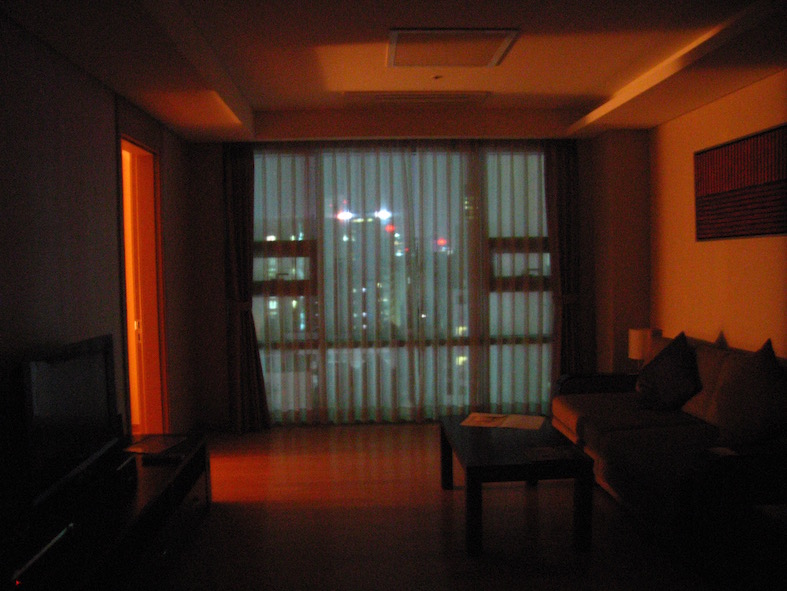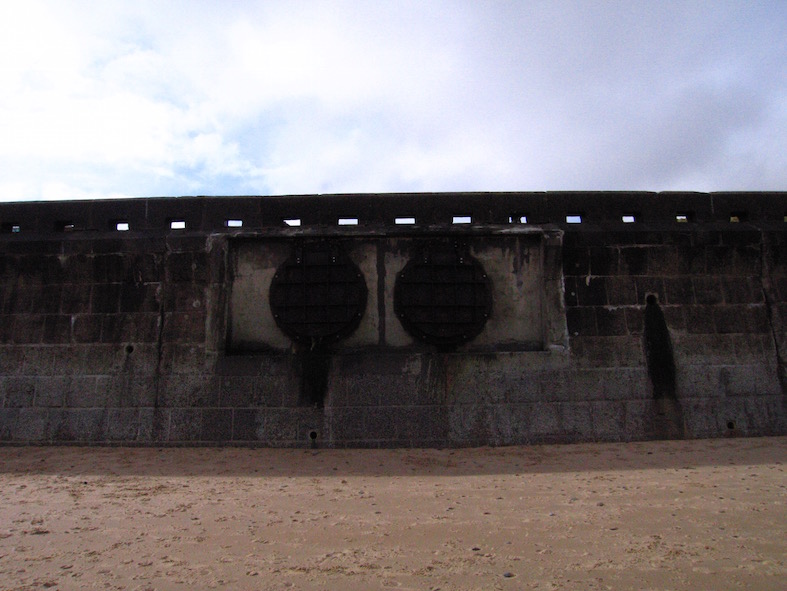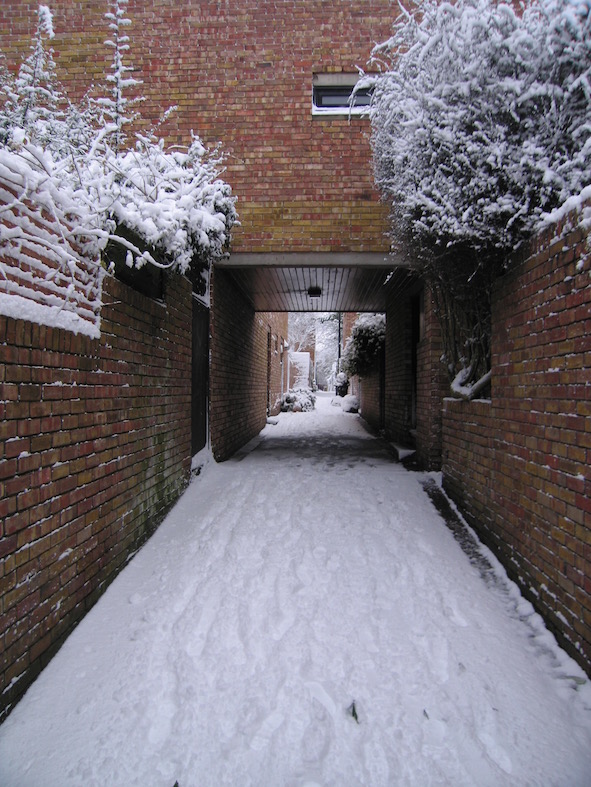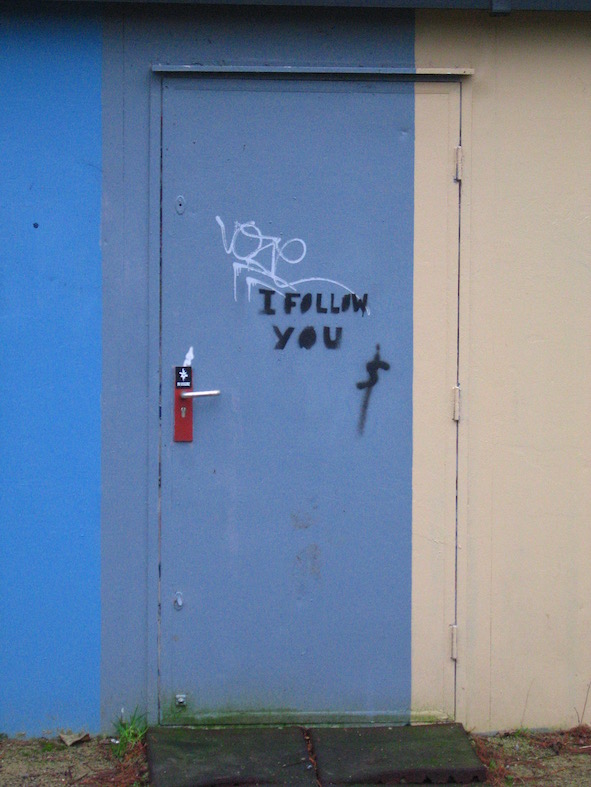We don’t see the ghosts we used to. Because of course the cities are brighter than they once were, they cast a glow over the countryside, the nights are full of cars and noise. The skies above us are bereft of whirling shades, they thin out to airlessness, then stars, then galaxies etc – we know that. The oceans and the ground beneath our feet contain horrors of our own devising, not the unspeakable monsters of old. So the ghosts don’t come out as much. They twiddle their thumbs and wait for the lonely or the lost or the brave.

Classic example of phenomenon known as “Sodium Song” or Devil’s Yellow. Crown of Winter visible on substation.
The ghosts no longer do the jobs they used to. The pay grades are different. You need different qualifications, as a ghost, today. The living can look into the past in an instant, be it online, on TV – everyone’s photos, everyone’s thoughts. After we die most souls kind of stick around, digitally. And sure, our passwords are forgotten and we mostly stop uploading stuff, but we’re around all the same. The field is crowded.
So the living ask different things of today’s ghosts. We once asked for closure, for peace, for answers. We now ask for the connection of information, as one might a librarian, or a doctor. We’re curious as much as we are afraid. The ghosts are funny to us, or they seem like remote companions, as everyday as the automated voices springing from our laptops and phones. But the ghosts themselves don’t feel that way. They are, if they’re being honest about it, increasingly confused.
They still discuss us. They wonder how we’re doing – some might say they wonder about us more than we wonder about them. They ask what we’re learning any more, in the land of the breathing. They have brainstorming sessions and ask ‘where next for today’s dead?’
Because they’re living in different homes. Used to be a ghost had a castle of mirrors, mirrors through which one might step. Or a spirit could command hordes of crows, that was nice. Used to be, you wandered the corridors of an abandoned hospital, you crossed ornate ironwork bridges, skulked within gothic vaults, made yourself known by means of a long, high, almost imperceptible tone hanging in the dark. No more.
Today’s spirit lives surrounded by constant traffic, walking the central reservation of a motorway; sitting atop a concrete outlet pipe at the edge of a grey floodplain; in a windowless room of filing cabinets; always in waiting-space, because they don’t so much manifest as bide their time. And every one of them has a phone. A basic cell phone. Or at least a pager, which will buzz now and then, and flash a number in the land of the living that they’ll probably be unable to reach.

Light transposition chamber concealed in urban structure as originally intended by H.X. De Meer. (Soul in process of capture visible left of frame.)
So tonight, here’s what we can do. It’s easy enough.
You need to speak to the dead. Here’s how. The rules have changed.
You think of an email address. Make it up. Invent one. Long, short, it can be anything. Don’t think too hard. Type it into the ‘to’ field.
Proceed to body of email, and write to the ghosts.
Precisely what to write will come to you. Take your time. This isn’t one of those emails you rush at the end of the day (although it will arrive at the end of the day, no matter when you press ‘send.’)
Don’t worry if what you write doesn’t make too much sense. Don’t ignore anything unbidden that springs to mind. Write to the ghosts.
You might perceive a slight electrical tingling in the air. You might detect a sense of emotional pressure. What you write may read as confusing. We often feel, in general, that the world moves too fast for us; count your blessings, imagine how it feels to the dead. Ignore the earthly voices, your chemical brain voices, that tell you to do something clever or wise or important. Write to the ghosts.
When you’re done, as quickly as you can, dispatch your email to the address that does not exist.
Now. Don’t panic. You may never get a response. If an internet robot replies that your message could not be delivered, that’s just the deep web helping you process the truth. Our minds cannot comprehend, they would rebel, we would go mad, were we to instantly perceive the gaps between data, the shadow systems, the proxy servers of the heart that the departed use to get online.
Equally should some random stranger reply with “I have no idea who you are. This email is weird. Are you a spam?” that’s also totally to be expected. All is not as it seems. Your message has still been delivered. Your connection has not failed.
In these situations, a complete lack of response from the spirit realm is not unexpected – at least through normal devices. The dead often use everyday means, almost subliminal, visible only to the trained or persistent… and they will never hit ‘reply all’, so there’s no need to go rooting through your junk folder – although the more desperate and isolated spirits occasionally cry out for help, indiscriminately, virally, in broken language, to the world at large.
No, more likely you’ll see a glitch in the train departures board, a flash of something unusual in the platform announcement; or there’ll be a dropout on the digital radio and a song unbefitting the station will suddenly play; or you’ll lose some photos you thought you’d backed up.
It could feel anticlimactic, and it often feels unfair, as if you’re doing all the work and the departed are slacking off. But no. This is what has changed more than anything: for some time the dead have outnumbered the living by a profound ratio, and this, now, must be the way of the conversation across the divide. The dead no longer need to talk to us. In this modern world, more often than not, it is we who should be talking to the dead.







